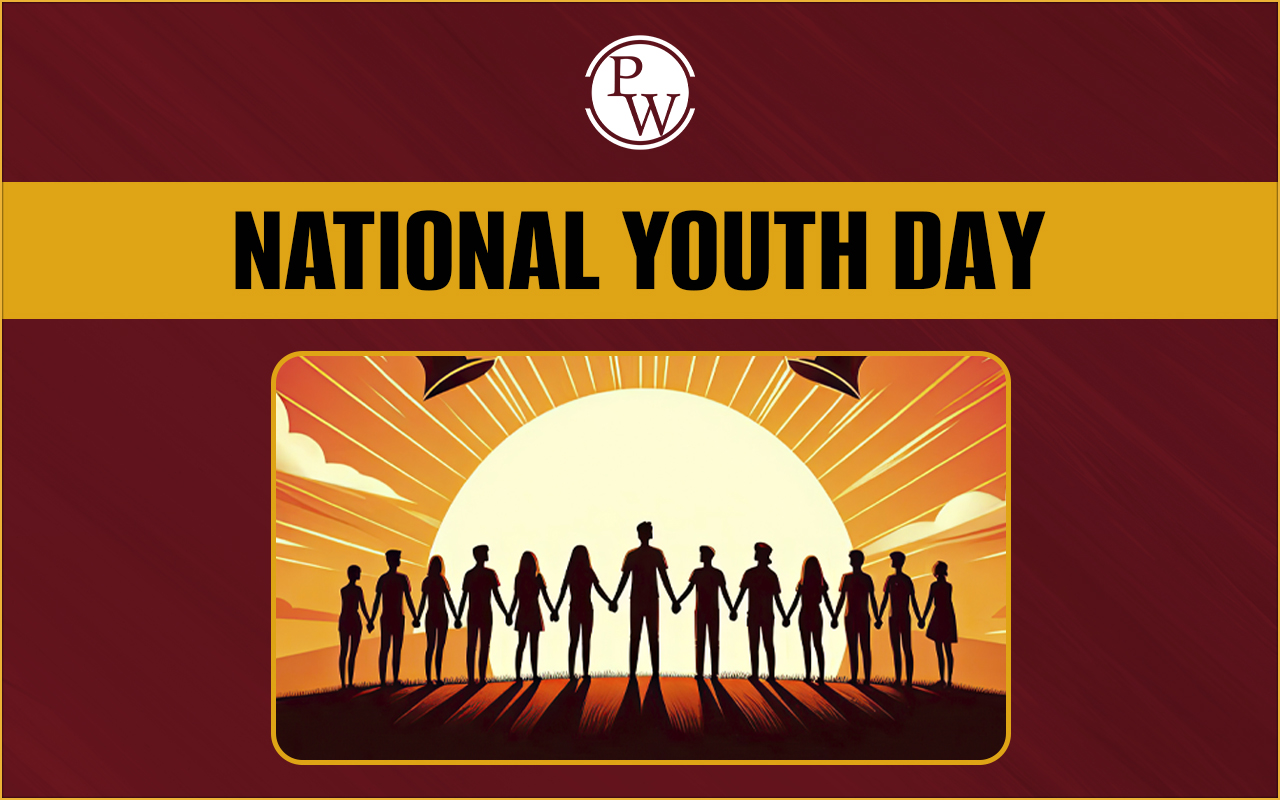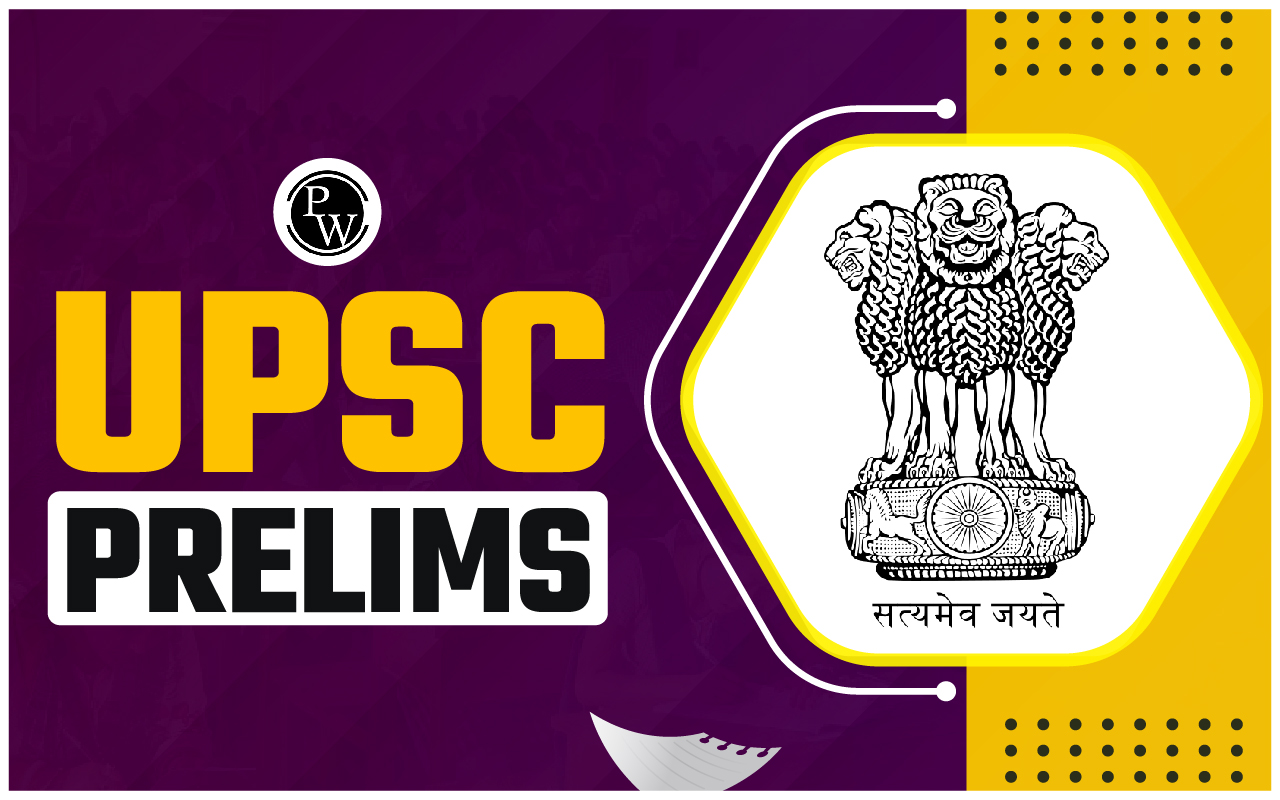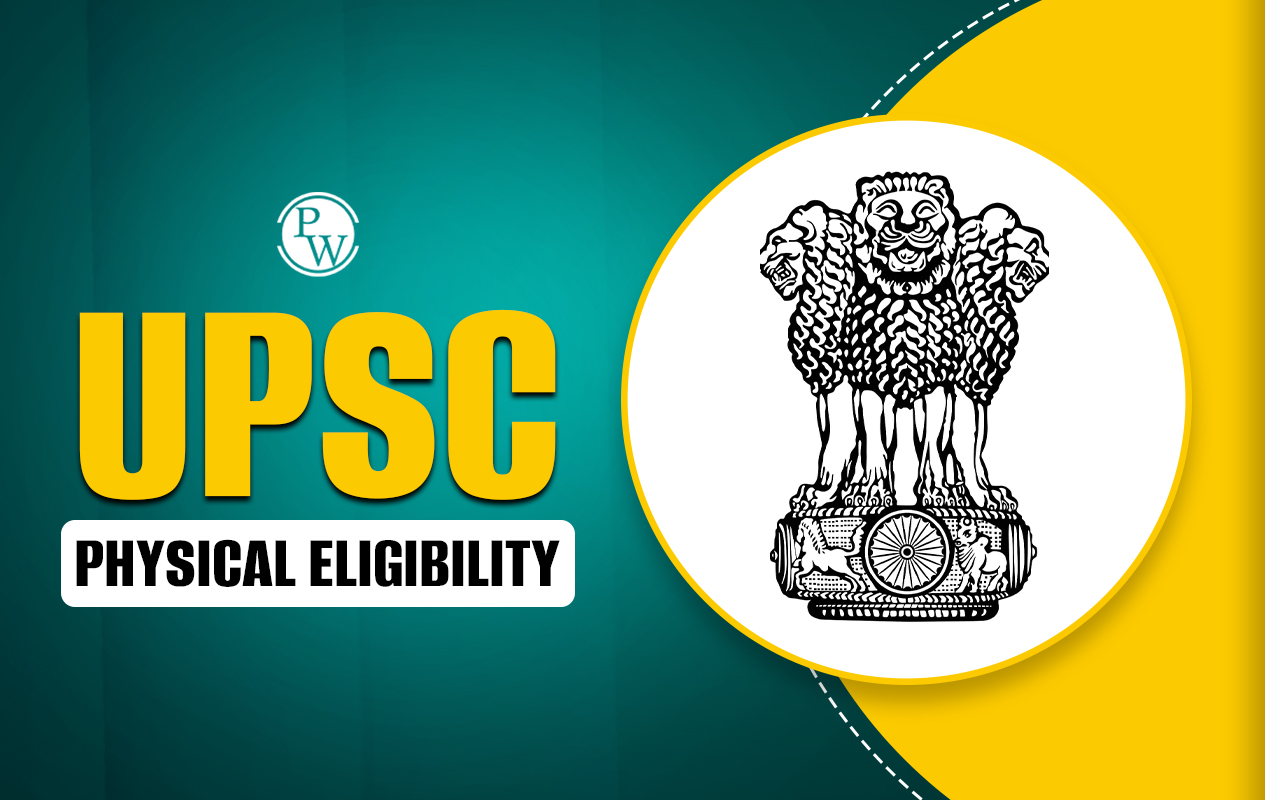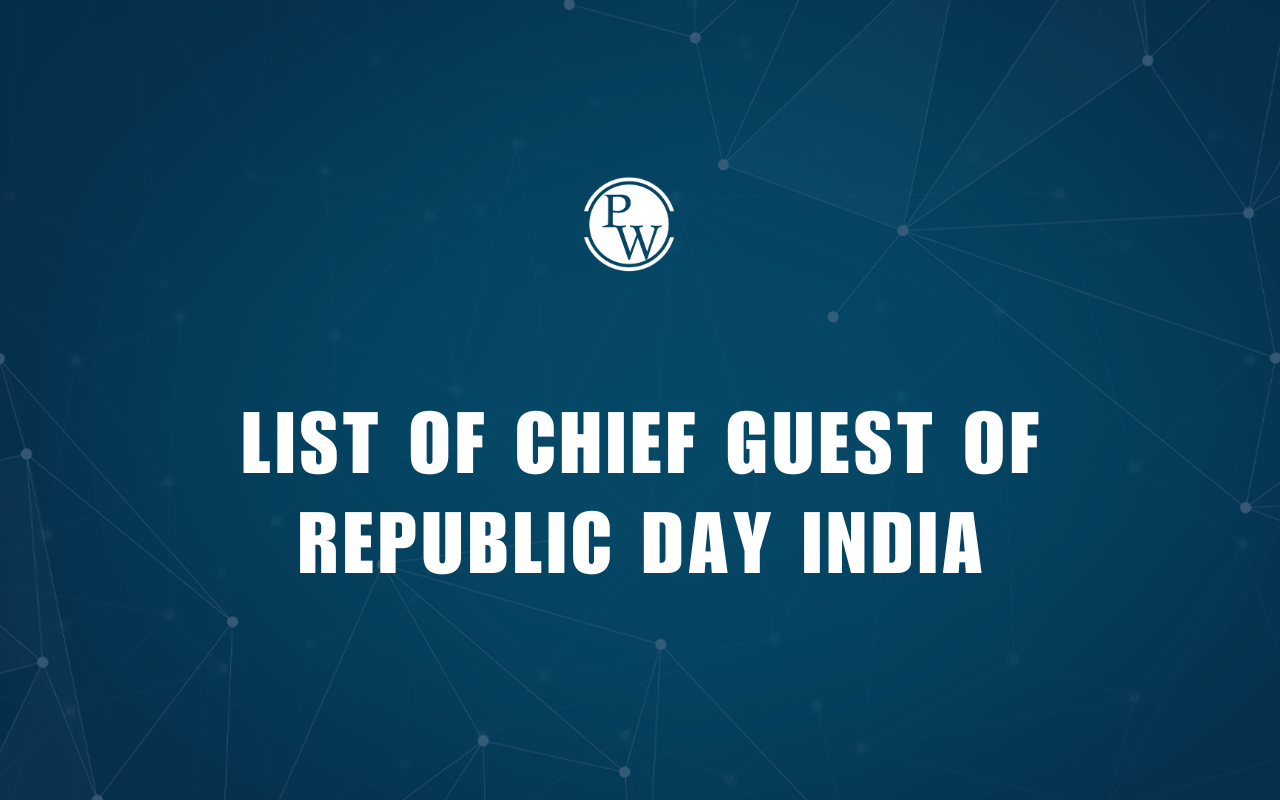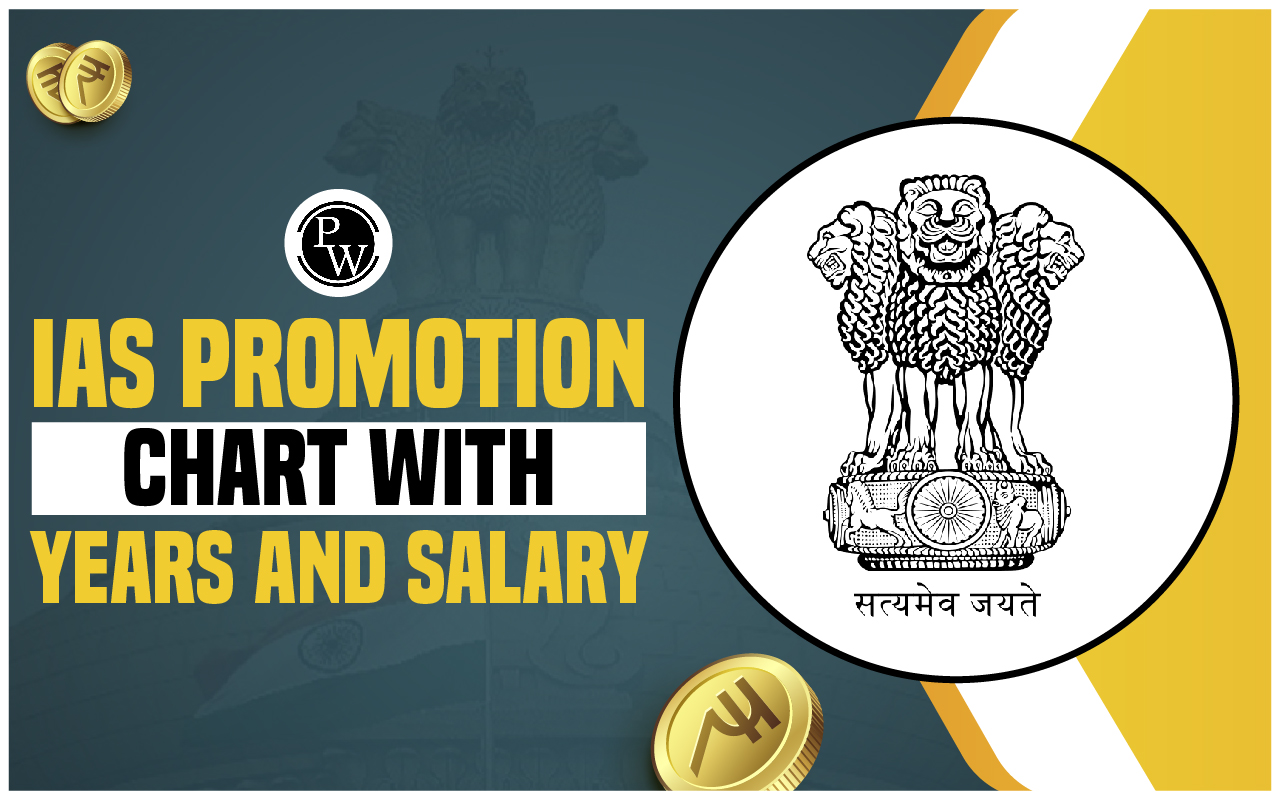
Veer Savarkar's Death Anniversary 2025 is being observed on February 26, 2025. On his death anniversary, people pay homage to the freedom fighter through prayers, speeches, and discussions about his life and vision. Veer Savarkar's role in India's independence is widely recognized, and his death anniversary serves as a reminder of the sacrifices made by countless leaders like him.
Veer Savarkar's Death Anniversary 2025
Vinayak Damodar Savarkar, also known as Veer Savarkar, was a revolutionary freedom fighter, writer, and social reformer. He played a crucial role in India's independence movement and introduced the concept of Hindutva. On his death anniversary in 2025, India remembers his contributions, ideas, and vision for the nation. His life and legacy continue to inspire generations of patriots.
Veer Savarkar’s Biography
Veer Savarkar was born on May 28, 1883, in Bhagur, Maharashtra. He displayed a passion for freedom from an early age. His education at Fergusson College, Pune, shaped his revolutionary thoughts. Later, he went to London to study law, where he became a prominent member of the India House.
In 1909, Savarkar was arrested for his involvement in revolutionary activities against British rule. He was sentenced to two life terms of imprisonment and sent to the Cellular Jail in Andaman and Nicobar Islands. He wrote extensively on history, politics, and culture.
|
Biography of Veer Savarkar |
|
|
Full Name |
Vinayak Damodar Savarkar |
|
Also Known As |
Swatantryaveer Savarkar |
|
Birth |
May 28, 1883, Bhagur, Nashik, Maharashtra |
|
Death |
February 26, 1966, Bombay (now Mumbai) |
|
Cause of Death |
Sallekhana Prayopavesa (death by fasting) |
|
Nationality |
Indian |
|
Parents |
Damodar and Radhabai Savarkar |
|
Spouse |
Yamunabai |
|
Education |
Fergusson College, Pune; Barrister at The Honourable Society of Gray’s Inn, London |
|
Political Ideology |
Hindu nationalism (Hindutva) |
|
Key Activities |
|
|
Revolutionary activities |
Advocated Indian independence through revolutionary means and authored "The Indian War of Independence". |
|
Imprisonment |
Sentenced to 50 years in the Cellular Jail; released in 1924 after mercy petitions. |
|
Later Life |
President of the Hindu Mahasabha (1937-1943). |
Veer Savarkar’s Contributions
Veer Savarkar was not only a freedom fighter but also a prolific writer, thinker, and social reformer. His contributions include:
- Freedom Struggle: He played a key role in inspiring revolutionary movements against British rule. He founded Mitra Mela, Abhinav Bharat Society (Young India Society), and Free India Society. These groups aimed to promote nationalistic ideas and train young Indians to resist British oppression.
- Abolition of Caste System: According to Savarkar, the caste system "deserves to be thrown into the dustbins of history". He promoted social reforms, including inter-caste dining and temple entry for all Hindus.
- Literary Works: He wrote extensively, including books like“The Indian War of Independence,” and “Hindutva: Who is a Hindu?”. His book Indian War of Independence redefined the narrative of the 1857 revolt as the first organized fight for independence, challenging the British colonial interpretation.
- Promotion of Vedic Literature: He viewed Vedic texts as valuable civilizational knowledge and a unique gift from India to the entire human race. He wanted to popularize these ancient teachings among all sections of society, breaking away from the Brahmanical monopoly.
- Scientific Temper and Industrialization: One of Savarkar’s most forward-thinking ideas was his emphasis on developing a scientific temper in India. In his view, India was "200 years behind Europe," and it was only through science, modern thoughts, and industrialization that the country could progress.
- Hindutva Philosophy: Veer Savarkar is best known for his philosophy of Hindutva, which he defined as the cultural and national identity of India.
Veer Savarkar’s ideas continue to influence many leaders in India's political and social spheres.
Veer Savarkar’s Legacy
Veer Savarkar's legacy continues to shape modern India. His contributions to Hindutva ideology and nationalism have been widely discussed and debated. Several political parties and organizations draw inspiration from his vision for a united and self-reliant India.
Many institutions and landmarks bear his name, including Savarkar Sadan in Mumbai and Veer Savarkar International Airport in Port Blair. His books and speeches are studied by scholars and historians.
Every year, on Veer Savarkar's death anniversary, tributes pour in from across the country. Leaders, historians, and the public remember his dedication to India's independence and his vision for a strong and united nation.
Famous Quotes by Veer Savarkar
Veer Savarkar’s words continue to inspire generations. Some of his most famous quotes include:
|
"The sacred soil of Bharat is my home, the blood of her brave is my inspiration, and the triumph of her will is my dream." "Independence is never given, it is always taken." "Our only duty is to keep fighting for our nation, come what may." "A country that does not recognise its heroes, its martyrs, and its warriors is doomed to decay." "An educated mind is the greatest weapon in the struggle for freedom." |
These powerful words reflect his ideas on nationalism, social reform, and unity.
In conclusion, Veer Savarkar’s death anniversary in 2025 is an occasion to honour his life, sacrifices, and vision for India. His contributions to the freedom struggle, social reform, and Hindutva philosophy remain significant and his legacy continues to inspire many.
To understand more about India's history and national movements, explore Physics Wallah’s UPSC Courses!
Veer Savarkar's Death Anniversary 2025 FAQs
Who was Veer Savarkar?
What was Veer Savarkar known for?
When is Veer Savarkar's death anniversary?
Why was Veer Savarkar imprisoned in Cellular Jail?
Which is most famous work of Veer Savarkar?



